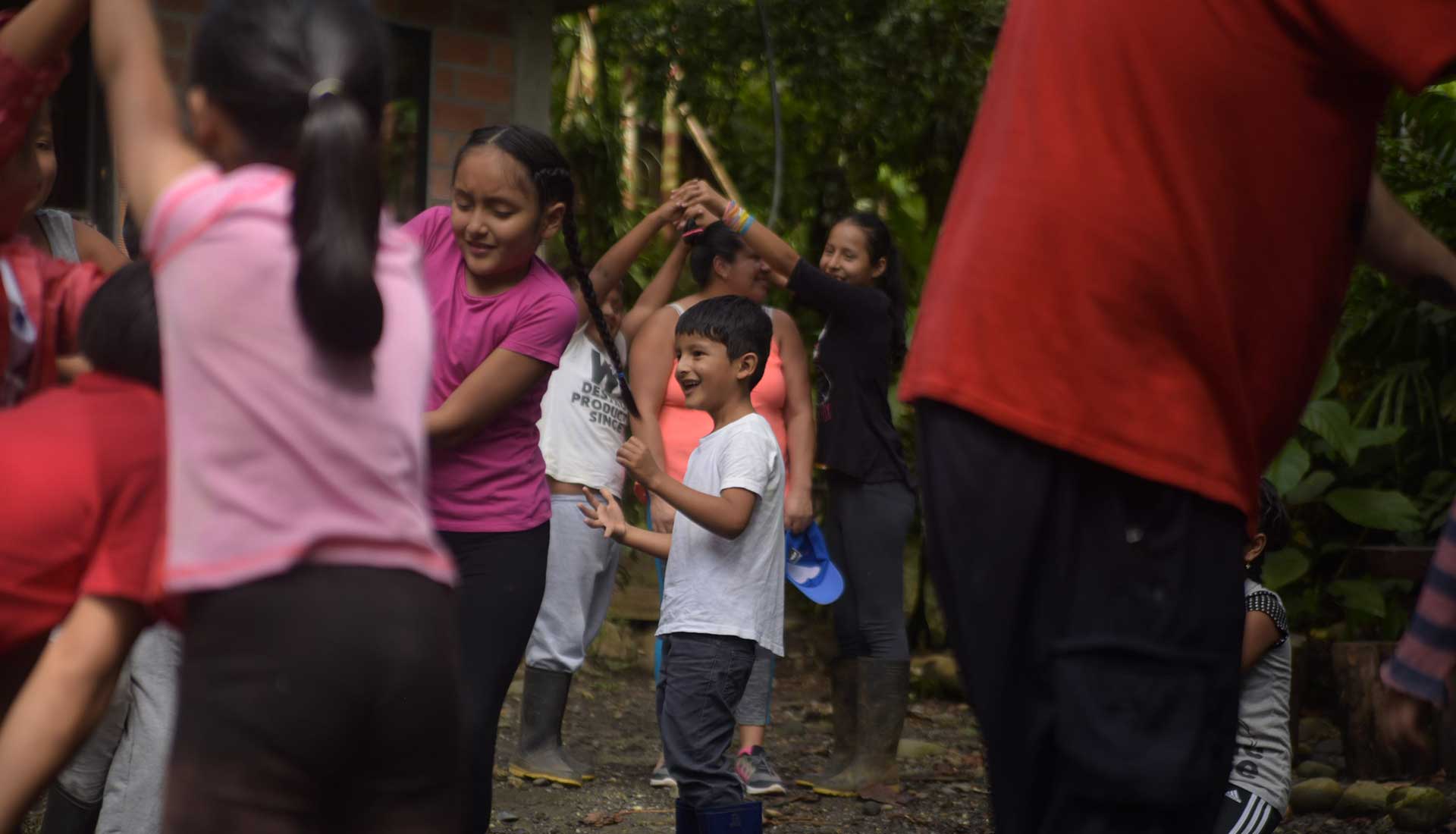We have 50 hectares of natural forest, a living laboratory for research.
The multitude of lives in equilibrium
For subsistence as a species, human beings cultivate the land. To this end, agricultural practices have historically been developed, some destructive and others more in balance with nature.
Among the agricultural practices that have to do with inappropriate land use, subject to the interests of companies and monopolies, is the substitution of natural forests for the implementation of monocultures, that is, the production of a single plant species on large tracts of land, which implies eliminating all the biological diversity that existed there and that fulfilled a vital function for the balance of the ecosystem that has been intervened.
In contrast, indigenous peoples, peasants and local communities have ancestral knowledge that is more respectful of the dynamics of the land, such as polycultures or agro-biodiverse systems that, unlike monocultures, favor the management of a multitude of species, which results in the sustainability of ecosystems.
Taking into account these two realities regarding the use and management of the land, in the context of the infinity of the universe and the tasks to be solved, the Zanja Arajuno Ecological Center bets on a qualitative leap: the encounter of knowledge.
The implementation of the knowledge meeting has already started its process with activities aimed at plant restoration, environmental education and production for self-consumption of vegetables, grown in the recycled bottle greenhouse, built as part of the Responsible Consumption campaign of the Earth of the Future Network in 2010.
The great dream we are building in the present so that this experience can be replicated in local communities to generate more spaces for biodiversity conservation but in direct and balanced interaction with those who live there.

